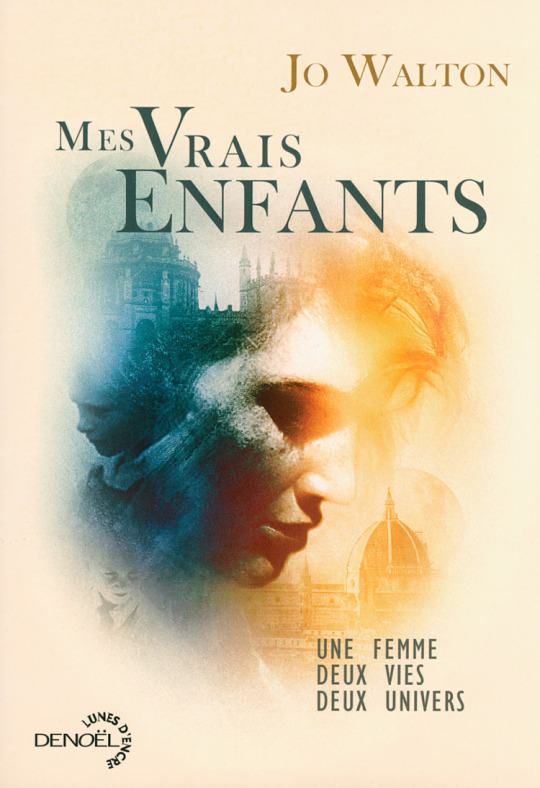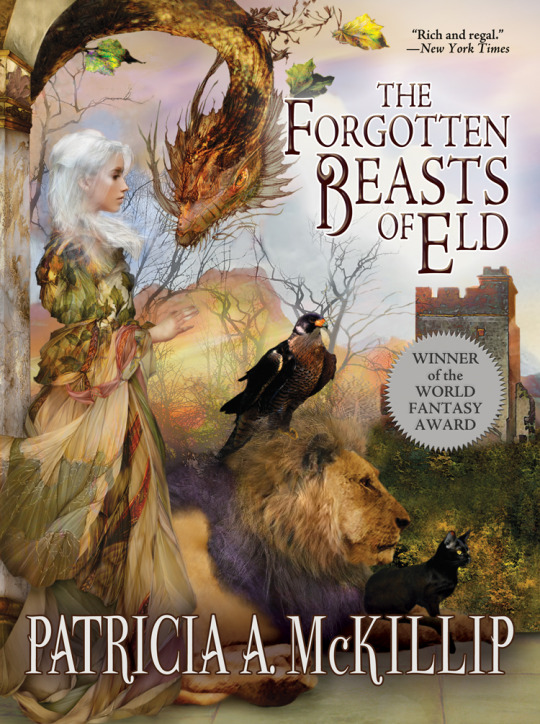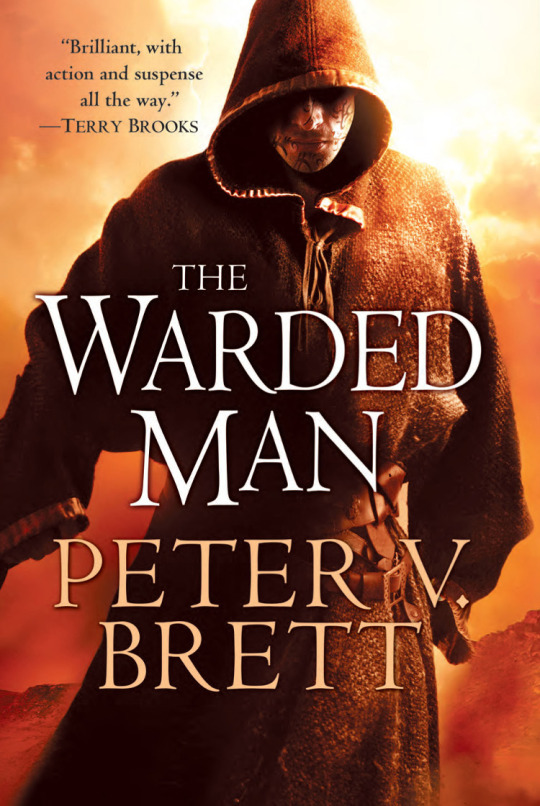Tachyon tidbits featuring Jo Walton, Patricia A. McKillip, Nalo Hopkinson, and Peter v. Brett
The latest reviews and mentions of Tachyon titles and authors from around the web.

Jo Walton, Patricia A. McKillip (photo: Stephen Gold/Wikimedia Commons), Nalo Hopkinson (David Findlay), and Peter v. Brett
Congratulations to Jo Walton for winning Actusf de l’Uchronie 2017 for the French translation of her novel MY REAL CHILDREN (Mes vrais enfants).

At OUTRIGHT GEEKERY, Zack Saad includes Patricia A. McKillip’s World Fantasy Award-winner THE FORGOTTEN BEASTS OF ELD among The Beginner’s Guide To Fantasy Novels Part 3: 1970-1989.
On a mountain in the land of Eldwold, a sixteen year old girl named Sybel lives with legendary animals summoned by her father to keep her company. There is Ter, the giant falcon, Cyrin, the boar who “Knows all riddles save one”, Gules Lyon, a giant black swan, and the huge black cat Moriah, who helps Sybel with spells and charms. One day a man named a man named Coren brings her a baby, claiming it is the son of the deceased queen Rianna, and asks her to raise it. Twelve years later she must give the child back, but is leery of Coren’s intentions with the child, but would returning him to King Drede be any better? And what of her search for the white swan Liralen?

Njeri Damali
Campbell on YOU TUBE interviews her favorite author Nalo Hopkinson.
For MICLONIAN, Jay Tomio finally shares a “lost” interview with Peter V. Brett.
For the longest time I knew I had conducted an interview with Peter V. Brett but for some reason maybe the file never carried over during various iterations of the site. I finally found a copy in my email circa 2008. This would have been right before his debut novel was released and I recall vividly I had one question I really wanted to ask him after reading, so I knew my interview wasn’t something I was just imagining. Here it is and I must say he gave some great thoughtful answers to some rather base questions by yours truly.

Jay Tomio – Let’s begin by talking concept. You immediately tell us that at least on the surface what the cause of conflict is on your world, and even just remove it as a conflict and make it merely everyday life. Where did the concept of an eternal battle at night come from, and how did just putting it out there free you as a writer?
Peter Brett – Wow. Good question.
I think on the purest level, mankind has been at war with the dark since the beginning of time. We’re vulnerable in the dark, and we don’t care for that feeling one bit. Overcoming darkness has spurred countless inventions and advancements throughout human history, and yet even now we can’t do some things at night, and a simple power outage quickly reminds us that humans were meant to be diurnal. The concept of night being the time when the monsters come out is something addressed in most every culture’s folklore and mythology, as anyone who’s ever heard a vampire or werewolf story can tell you. I think it’s part of our genetic code to make up ominous shapes in the darkness.
But I was going for something a little more than that, using darkness and demons as a metaphor for the way I and many of my fellow New Yorkers (not to mention countless people worldwide) felt after September 11. Everywhere you turned, there was someone telling you to be afraid, that nothing and nowhere was safe. Every time you tried to calm down and just make dinner, the government raised the color alert code, or there was a special news report on bioterrorism or dirty bombs. It’s no wonder people went nuts for a while.
But as time went by, we all got used to the fear, the same way we got used to the fear of nuclear holocaust in the 80’s, or got used to the coming of night. Eventually, it just becomes part of life, because you can’t lock yourself away in the basement with canned food forever. Sometimes you just have to accept your mortality and learn to live with fear.
I think setting up my world in similar, if more fantastical and extreme, fashion allowed me to focus more on people just trying to live their lives as best as they can, rather than the usual “quest” stories you see in fantasy. The supernatural problems these people have are right in their backyard, and it’s how they react to them on that level that makes the story wheel turn.
For more info about THE FORGOTTEN BEASTS OF ELD, visit the Tachyon page.
Cover by Thomas Canty
